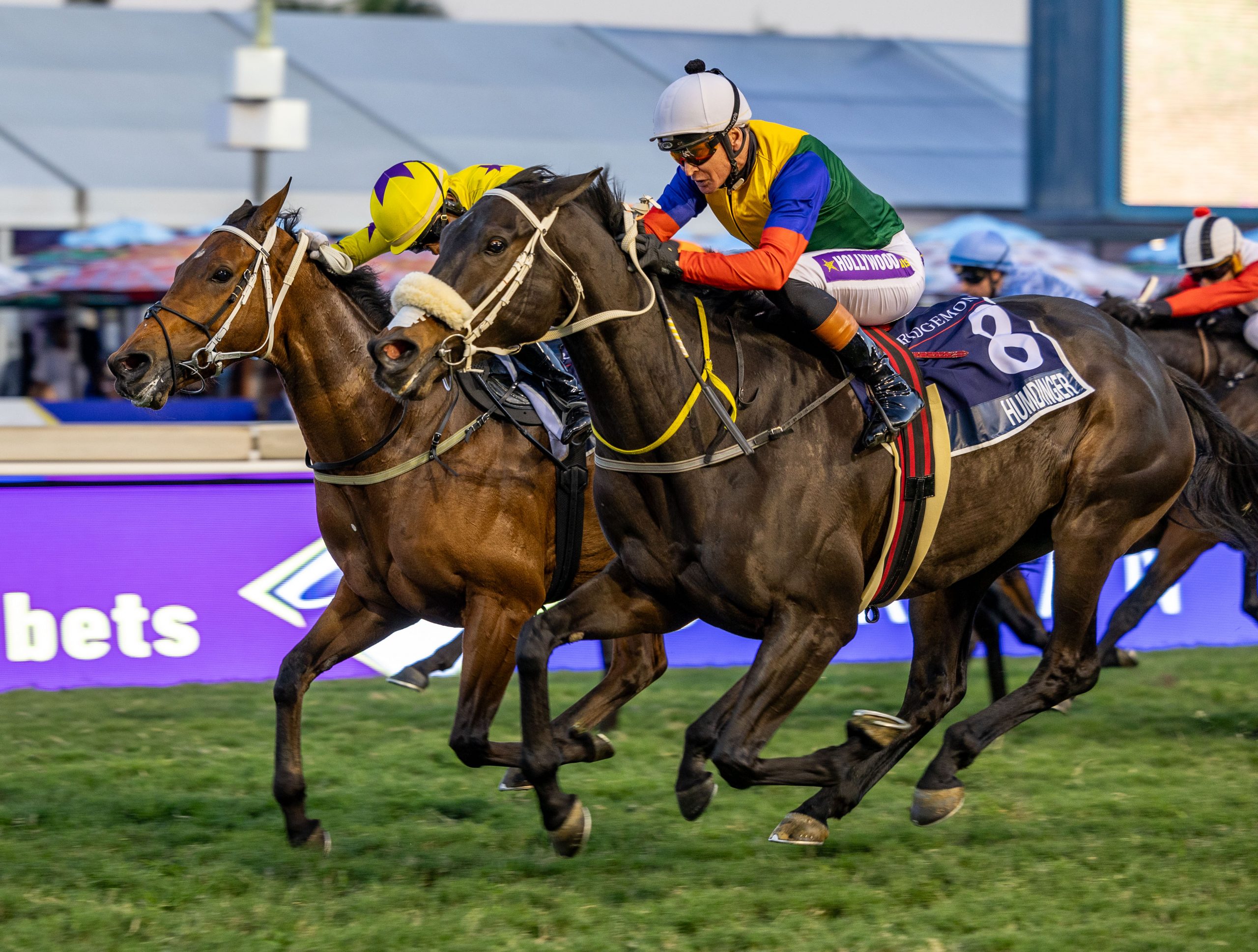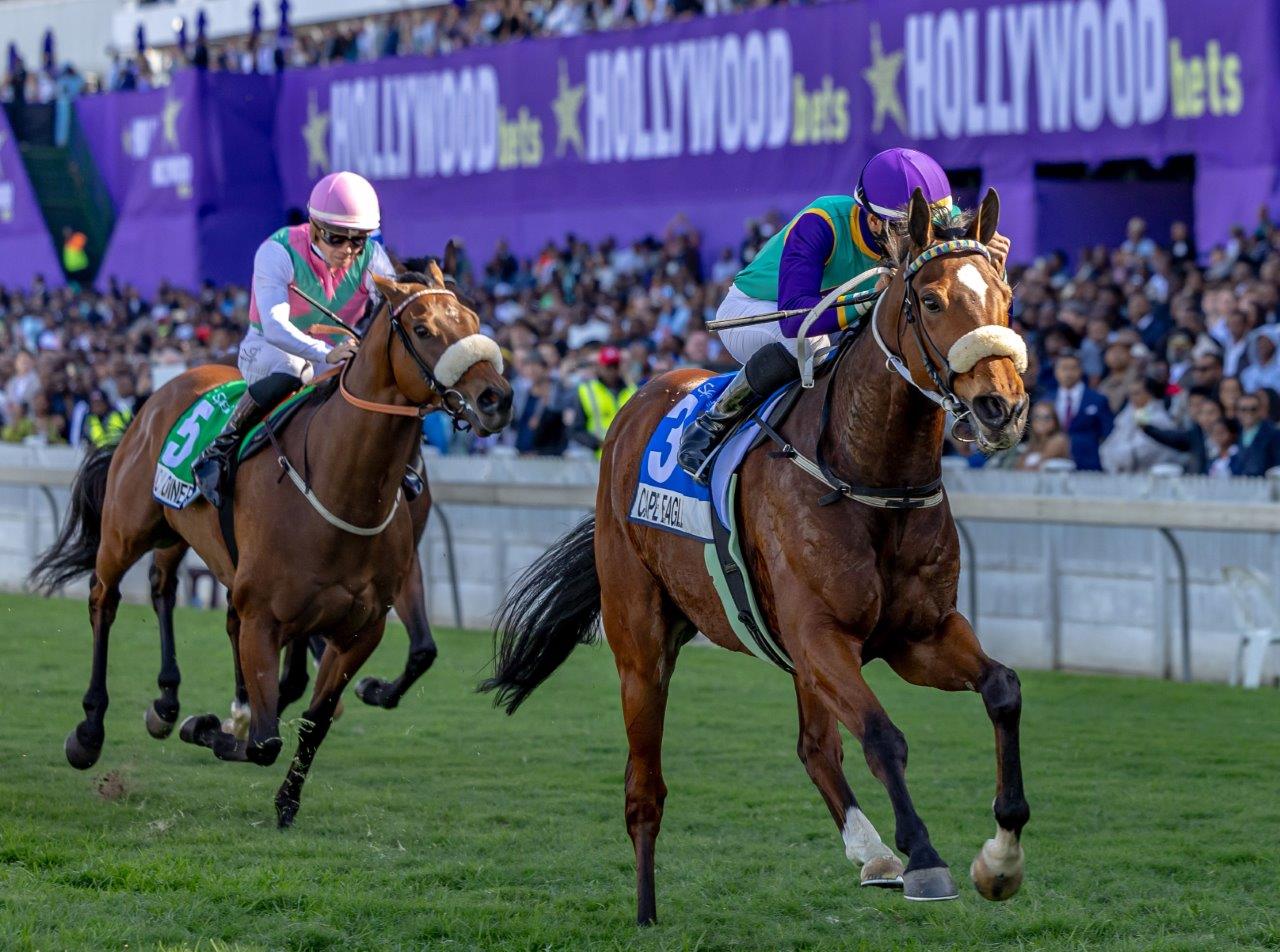Some participants in the buying and selling of bloodstock in Britain are “in practice, entirely unregulated” and the whole process is in urgent need of “transformational and once-in-a-generation change”, according to a long-awaited report into sales industry practices published recently.
 The report, commissioned by the British Horseracing Authority and conducted by Justin Felice OBE, a former chief superintendent of Lancashire police, includes recommendations that all bloodstock agents should be licensed and that the BHA should take on overall responsibility for the regulation of bloodstock sales.
The report, commissioned by the British Horseracing Authority and conducted by Justin Felice OBE, a former chief superintendent of Lancashire police, includes recommendations that all bloodstock agents should be licensed and that the BHA should take on overall responsibility for the regulation of bloodstock sales.
Failure to act on the recommendations, Felice warns, would leave the industry “at serious risk of being publicly exposed by investigative media and/or those who have fallen victim to some of the improper practices [detailed by contributors to his report]”.
This, in turn, “would be likely to seriously damage the bloodstock industry’s reputation”.
The report lists four practices – secret profiteering, dual representation/commission, “luck” money and bidding up – which, though not described as being “endemic” in the sales process, are “unethical” and, in some cases, “potentially criminal” breaches of the Bribery Act (2010), the Fraud Act (2006) or the Criminal Law Act (1977).
Secret profiteering involves collusion between a bloodstock agent and a vendor to ensure that a purchaser pays more than the market value for a horse, with the agent and vendor splitting the difference.
 In an example included in the report, a buyer might tell an agent they are willing to pay £200,000 for a horse when the vendor accepts its market value is £100,000. In agreement with the vendor, the agent will then ensure the bidding goes up to around £175,000. As a result, “in addition to the agent’s commission (usually 5%), the agent earns a secret profit of £37,500. The vendor also earns an additional £37,500 above the fair market value of £100,000 [while] the purchaser believes they have bought a horse that is below their maximum bid, so is happy and will use the agent again.”
In an example included in the report, a buyer might tell an agent they are willing to pay £200,000 for a horse when the vendor accepts its market value is £100,000. In agreement with the vendor, the agent will then ensure the bidding goes up to around £175,000. As a result, “in addition to the agent’s commission (usually 5%), the agent earns a secret profit of £37,500. The vendor also earns an additional £37,500 above the fair market value of £100,000 [while] the purchaser believes they have bought a horse that is below their maximum bid, so is happy and will use the agent again.”
Dual representation occurs when an agent acts for both vendor and purchaser while one or both parties are unaware of the potential conflict of interest, while “luck money” is a payment – in effect a “cashback” of up to 5% of the sale price – which is demanded from a vendor by an agent after a sale has been completed.
Many of the “improper practices” detailed in the report can involve bloodstock agents, whose activities – along with those of other stakeholders in the bloodstock industry – are currently self-regulated via the Bloodstock Industry Code of Practice, which was most recently updated in 2009.
The BHA, Felice says, should in future take charge of the regulation of all participants in the bloodstock industry, replace the 2009 code with a new version, which is “more robust and fit for purpose”, and introduce a licensing system for agents, with sanctions including fines and suspensions from auctions imposed for breaches of the rules.
www.theguardian.com









